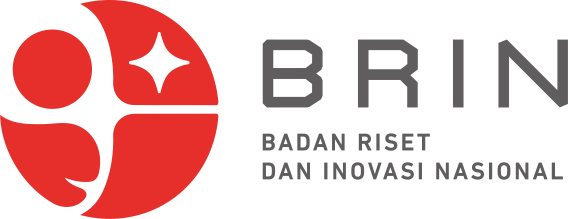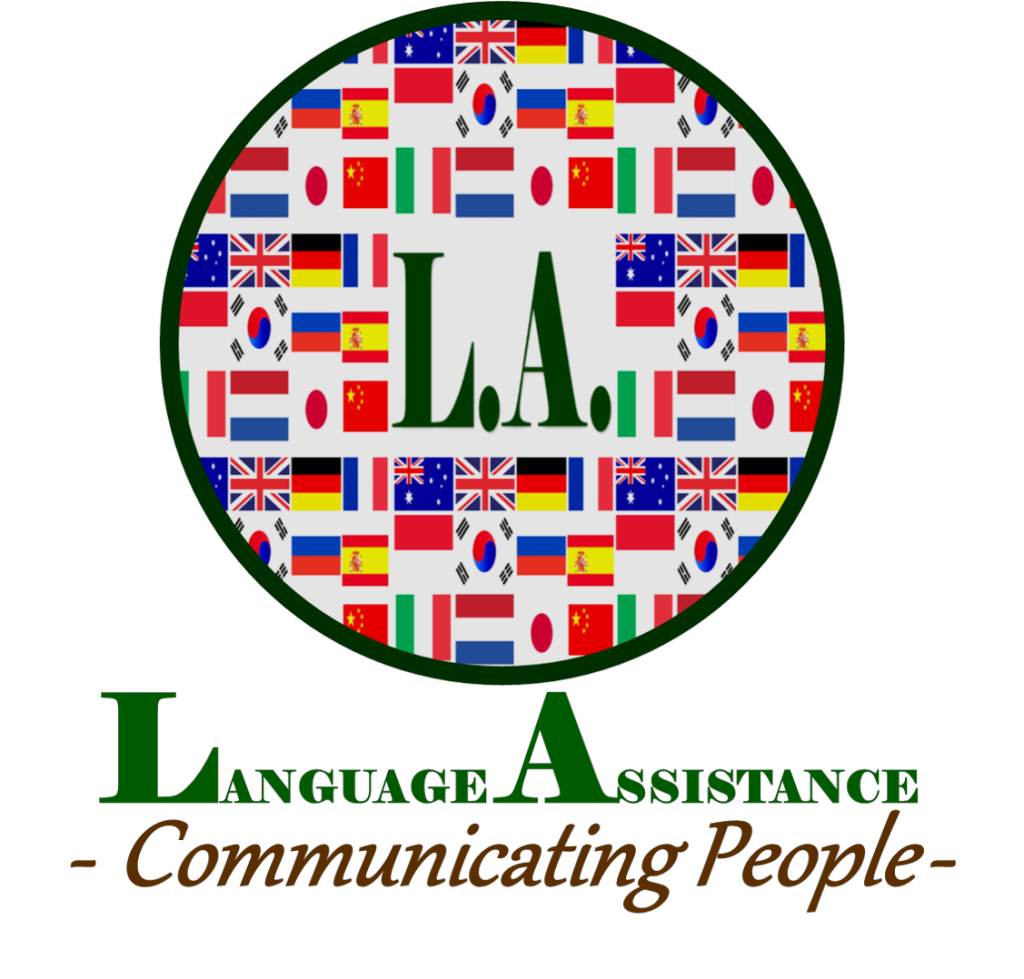PUBLISHING ETHICS
The publication of articles in Bali Journal of Hospitality, Tourism and Culture Research (BJHTCR), a peer-reviewed journal, constitutes a fundamental component in advancing knowledge within the fields of hospitality, tourism, and cultural studies. As a platform dedicated to scholarly excellence, BJHTCR ensures that published research reflects the highest standards of academic rigour and integrity. Peer-reviewed articles in BJHTCR not only contribute to the global discourse in these disciplines but also uphold the principles of the scientific method, fostering innovation and evidence-based practice.
Given the journal’s commitment to ethical scholarship, it is imperative that all parties involved in the publishing process—authors, editors, and peer reviewers—adhere to clearly defined standards of ethical conduct. BJHTCR aligns with international best practices to ensure transparency, fairness, and accountability at every stage of the editorial process. Authors are expected to submit original work with accurate and verifiable data, while reviewers and editors must evaluate submissions objectively, free from conflicts of interest. By maintaining these ethical standards, BJHTCR safeguards the credibility of published research and reinforces its role as a trusted resource for academics and practitioners in hospitality, tourism, and cultural studies.















